After GOP lawmakers successfully overrode a veto by the state’s Democratic governor, the contentious restrictions on wearing masks in public became law on Thursday.
In a 30-14 party-line override vote, the Senate gave its final approval. During a lengthy session that lasted well into the night on Wednesday, the state House decided to override Gov. Roy Cooper’s veto, kicking off the process.
General Assembly
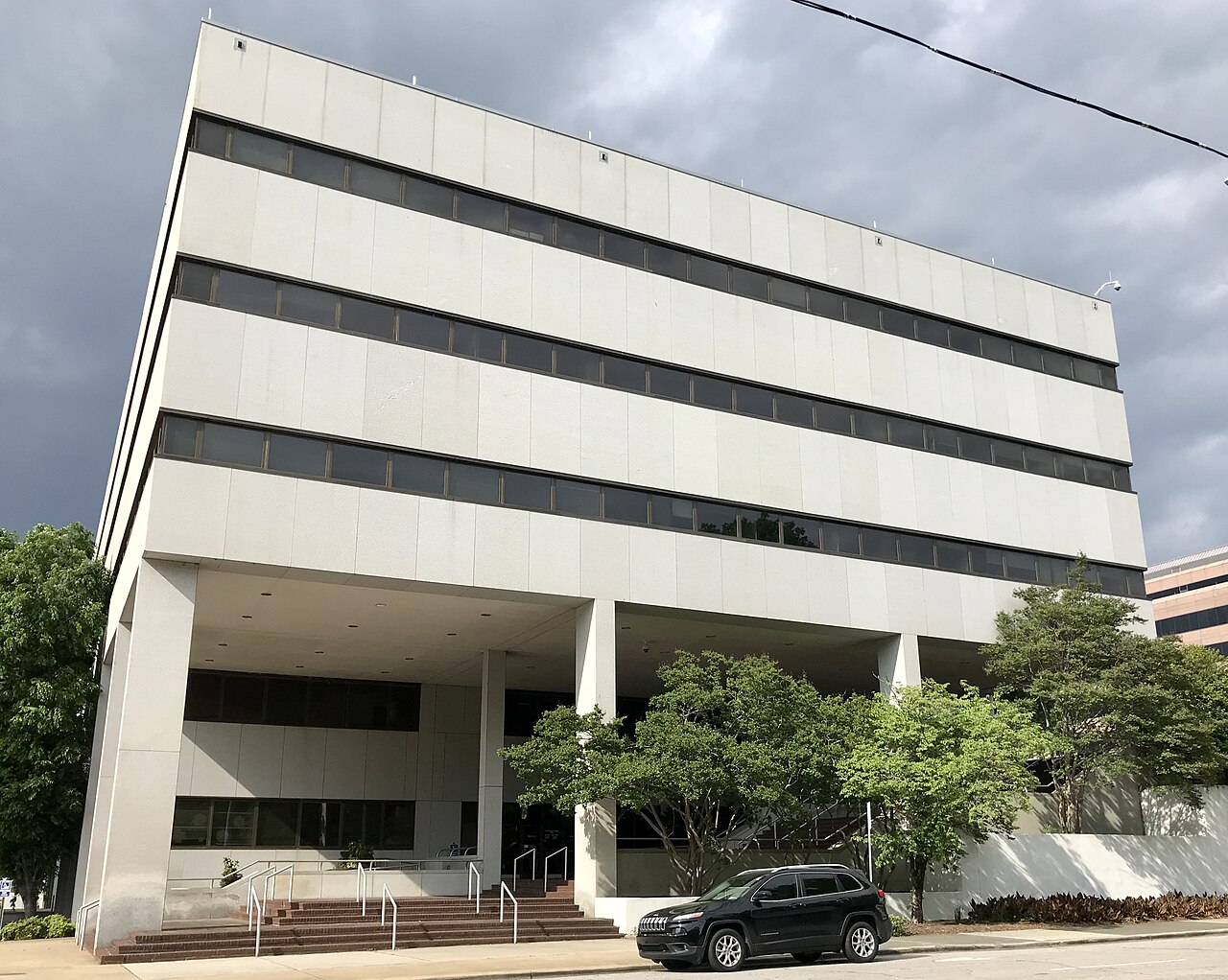
The GOP-dominated North Carolina General Assembly has overturned more than 20 gubernatorial vetoes in the past year, including the ban. In both chambers, Republicans have a narrow supermajority.
The majority of the law, which takes effect right away, differs from the bill that lawmakers first introduced this session.
Original Proposal
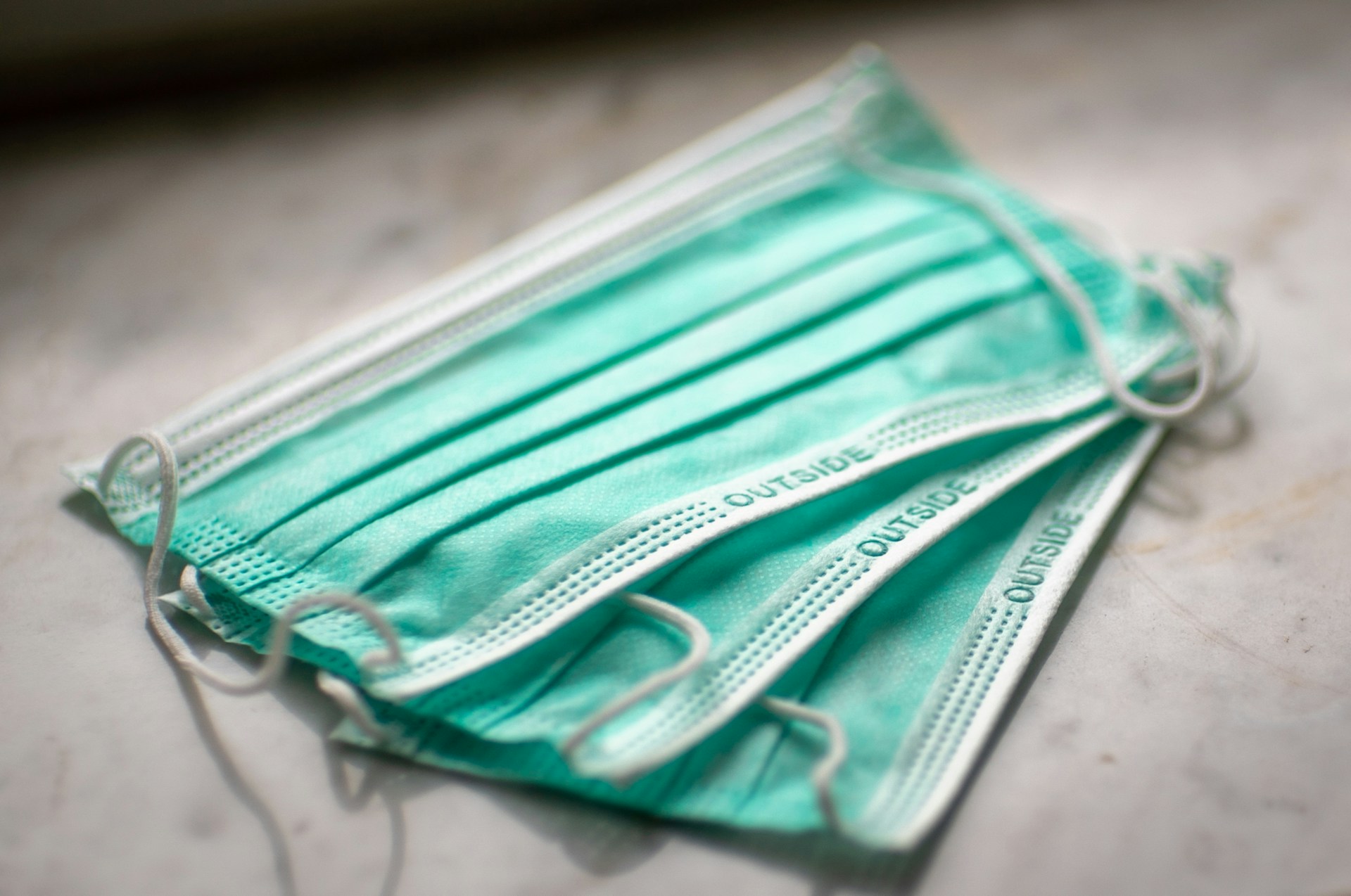
The public and some Democratic legislators objected to the original proposal’s removal of a 2020 bipartisan regulation that permitted masking for health reasons during the COVID-19 pandemic. A medical exemption was restored by legislators.
In order to stop the spread of disease, the law allows people to wear masks of a medical or surgical grade in public. Police and property owners can ask individuals to briefly remove those masks to confirm their identity.
Protester Penalties
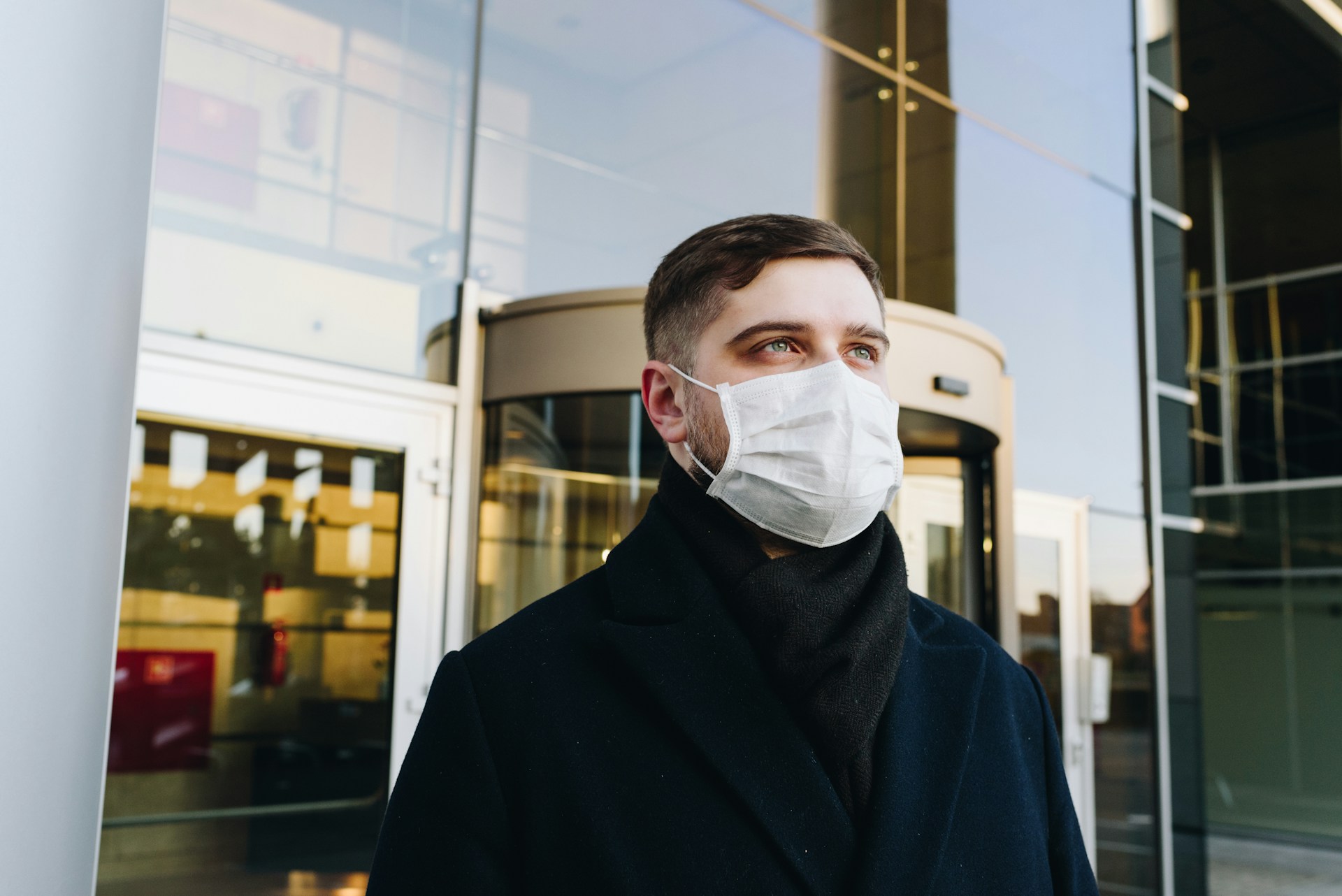
Additionally, the measure raises penalties for protesters who purposefully block traffic and increases the severity of punishment for crimes committed while concealing one’s identity.
The last clause is expected to take effect on December 1st which could have an impact on future protests in the state.
Additional Measures

During negotiations, a non-related campaign finance provision was added to the bill.
The law permits federally registered committees to give donations to state political groups by tapping pots of cash that incorporate unlimited contributions from people.
College Campuses
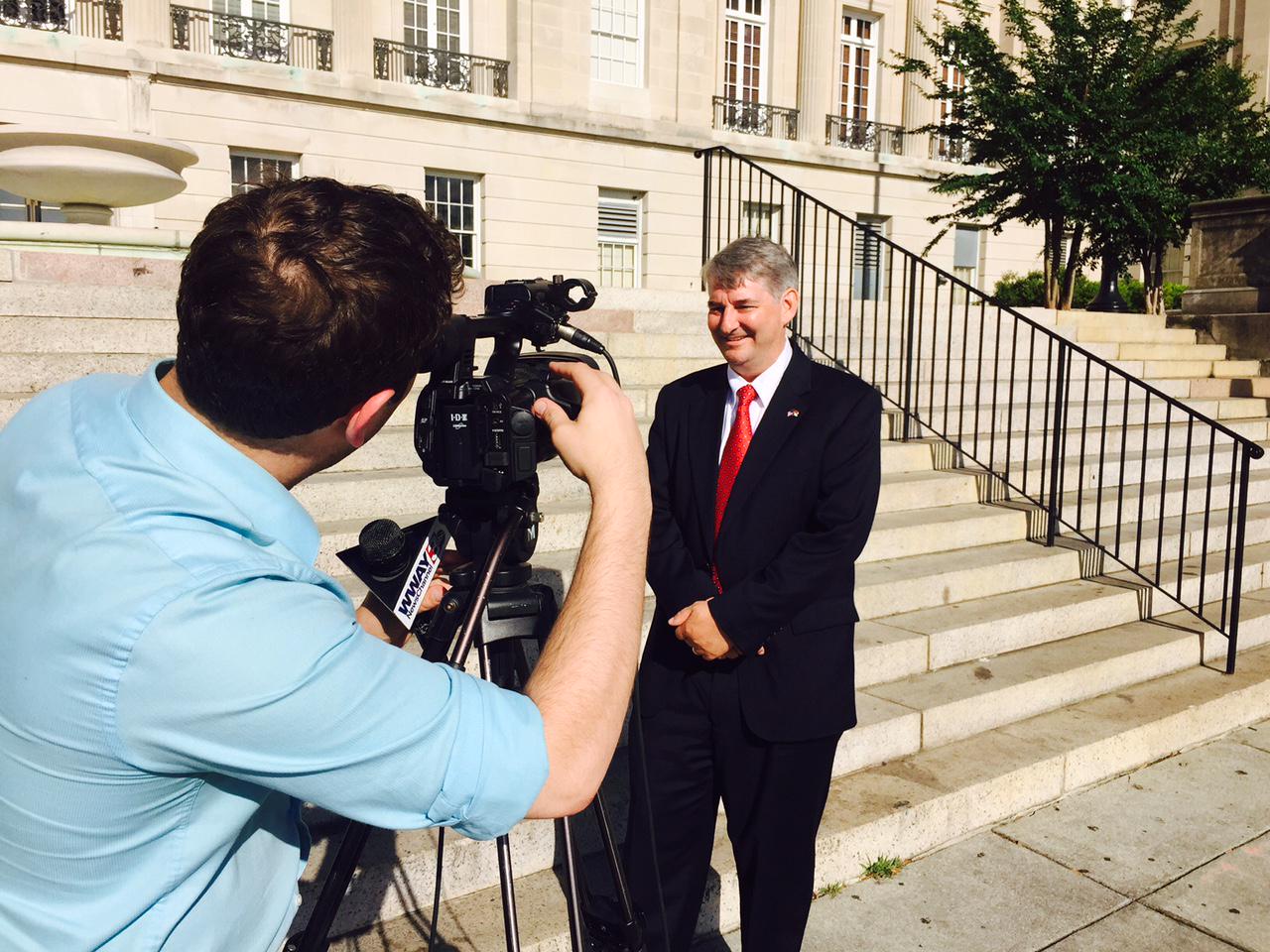
During the course of the bill’s passage through the legislature, GOP lawmakers claimed that it was in part a response to widespread protests against the war in Gaza on college campuses.
One of the bill’s supporters, Wilson County Republican Sen. Buck Newton, stated last month, “It’s about time that the craziness is… at least slowed down, if not put a stop.”
University Encampment
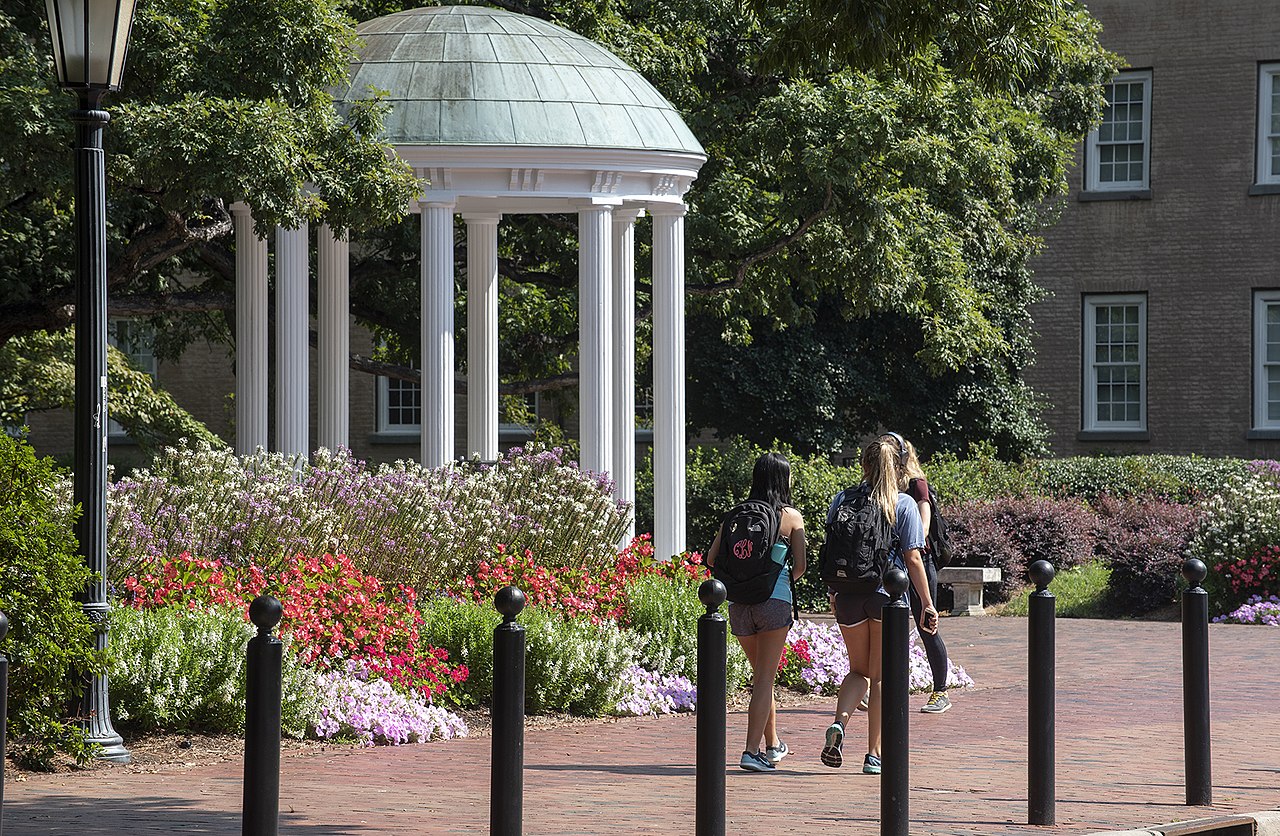
At an encampment set up at the University of North Carolina at Chapel Hill to protest the war in Gaza, more than 30 people were detained. Masks were worn by many of the demonstrators.
Pro-Palestinian protesters blocked roads in Raleigh and Durham earlier this year.
Health Exemption
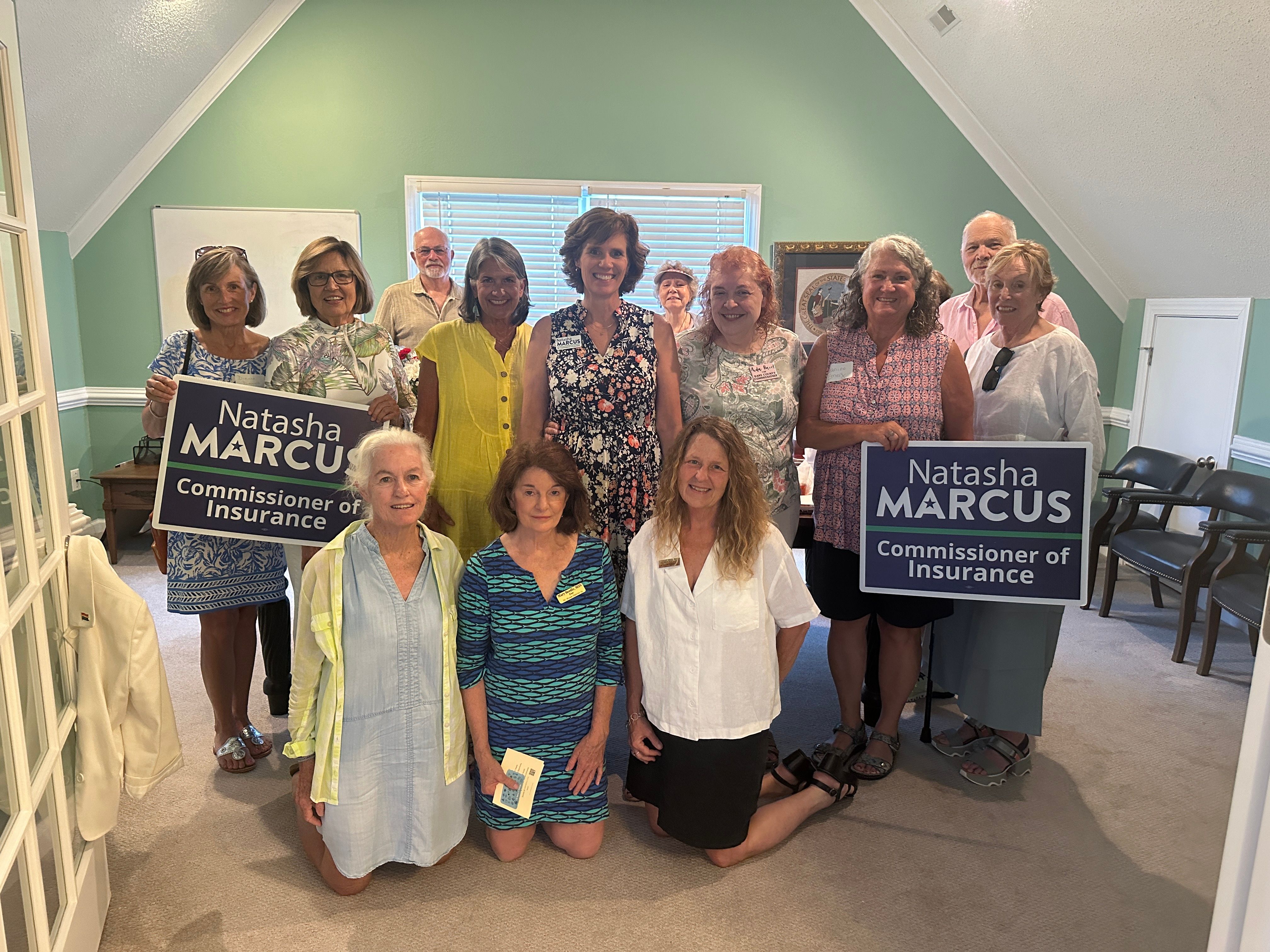
The health exemption removal, which Democratic lawmakers and other opponents claimed could harm immunocompromised individuals, was the initial focus of opposition to the measure.
In May, Mecklenburg County Democrat Sen. Natasha Marcus said, “You’re making careful people into criminals with this bill.”
Republican Dissension
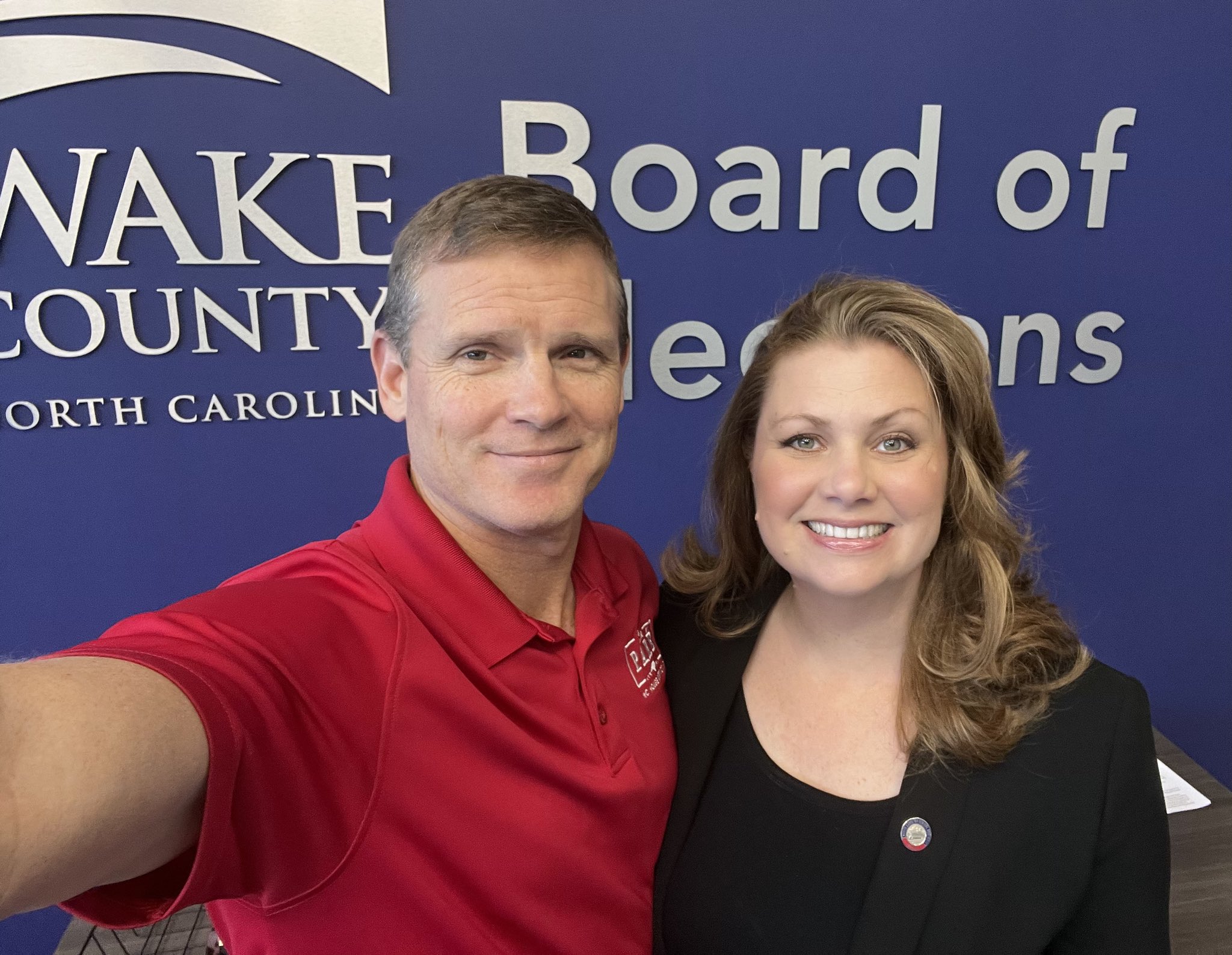
These concerns were largely ignored until Wake County’s only Republican General Assembly member, Rep. Erin Paré, said on X that she wouldn’t vote for the bill if it didn’t include a health exemption.
GOP lawmakers added a health-related exemption after the legislation’s passage stalled.
Freedom of Speech
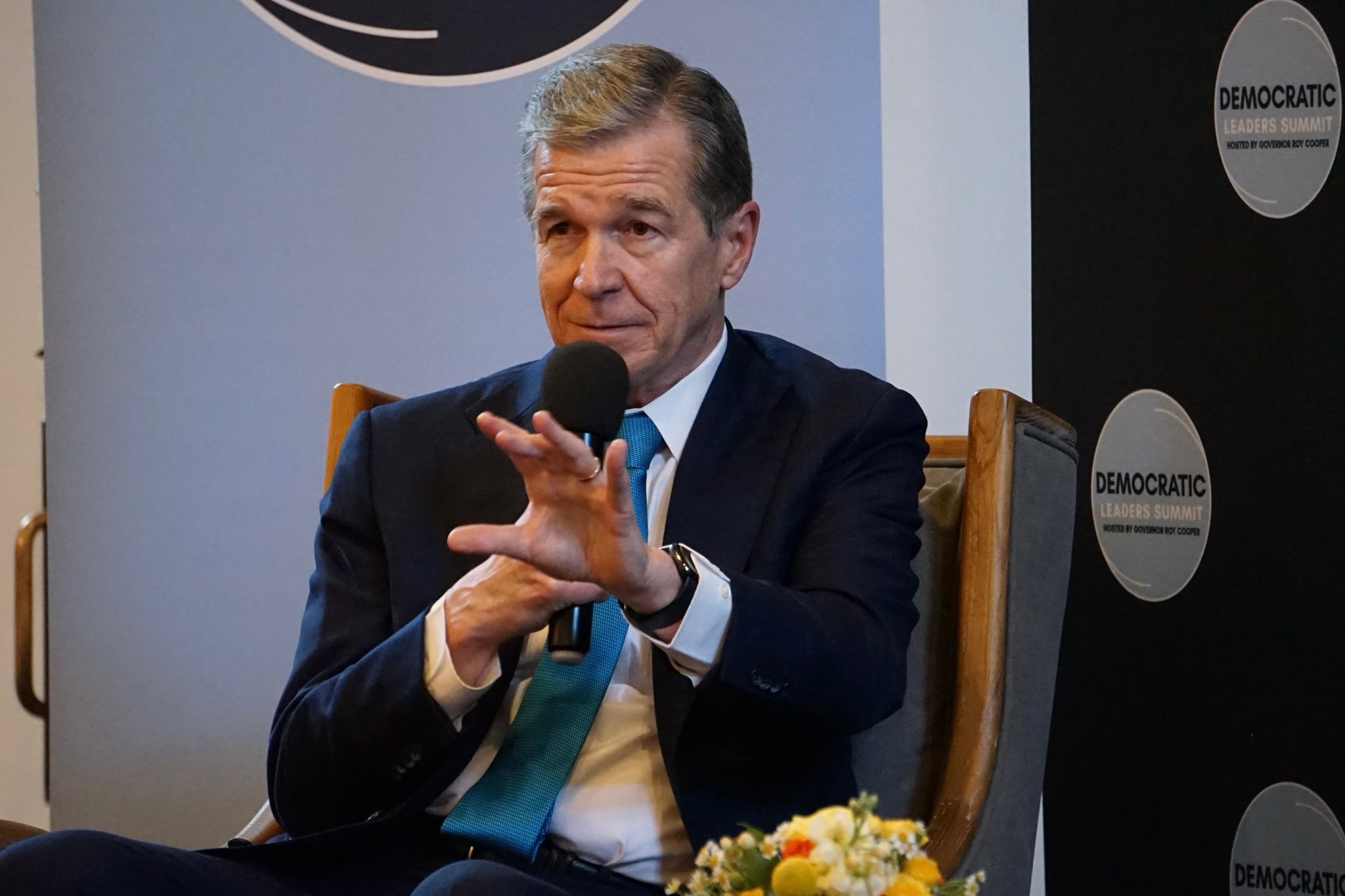
The bill, according to the American Civil Liberties Union and other groups, restricts the freedom of speech of protesters.
The majority of Democratic lawmakers are now concerned about the election finance provision, which they claim will cause elections to be opaque. Cooper referred to the same provision as his principal justification for rejecting the regulation.
Historical Precedent
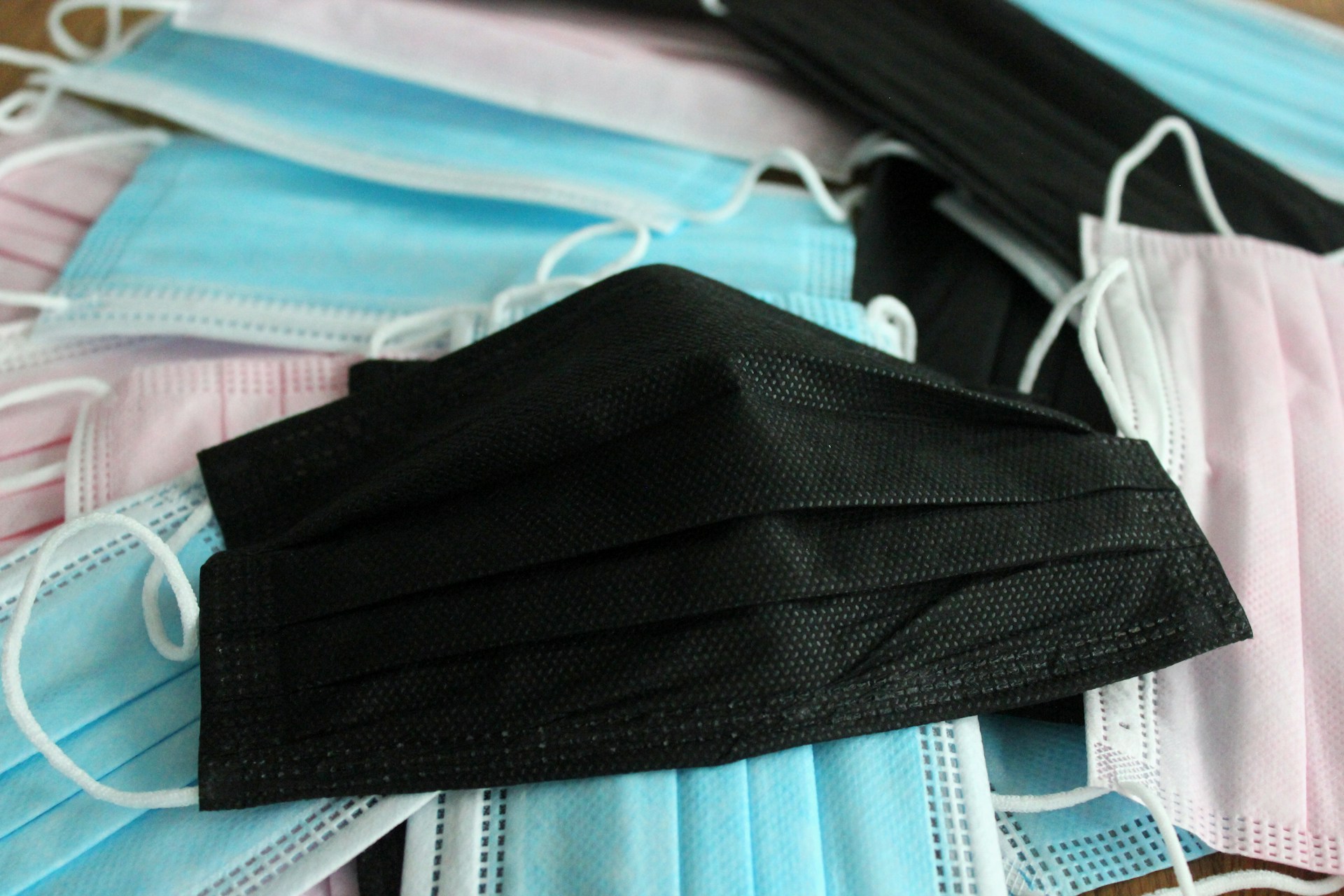
According to David Cunningham, a Washington University at St. Louis sociology professor who authored a book on the topic, general statutes on masking date back to 1953 and were primarily intended to curb Ku Klux Klan activity in North Carolina.
“Prohibited Secret Societies and Activities” is the title of the section of state laws that includes restrictions on masking.
Other State Bans
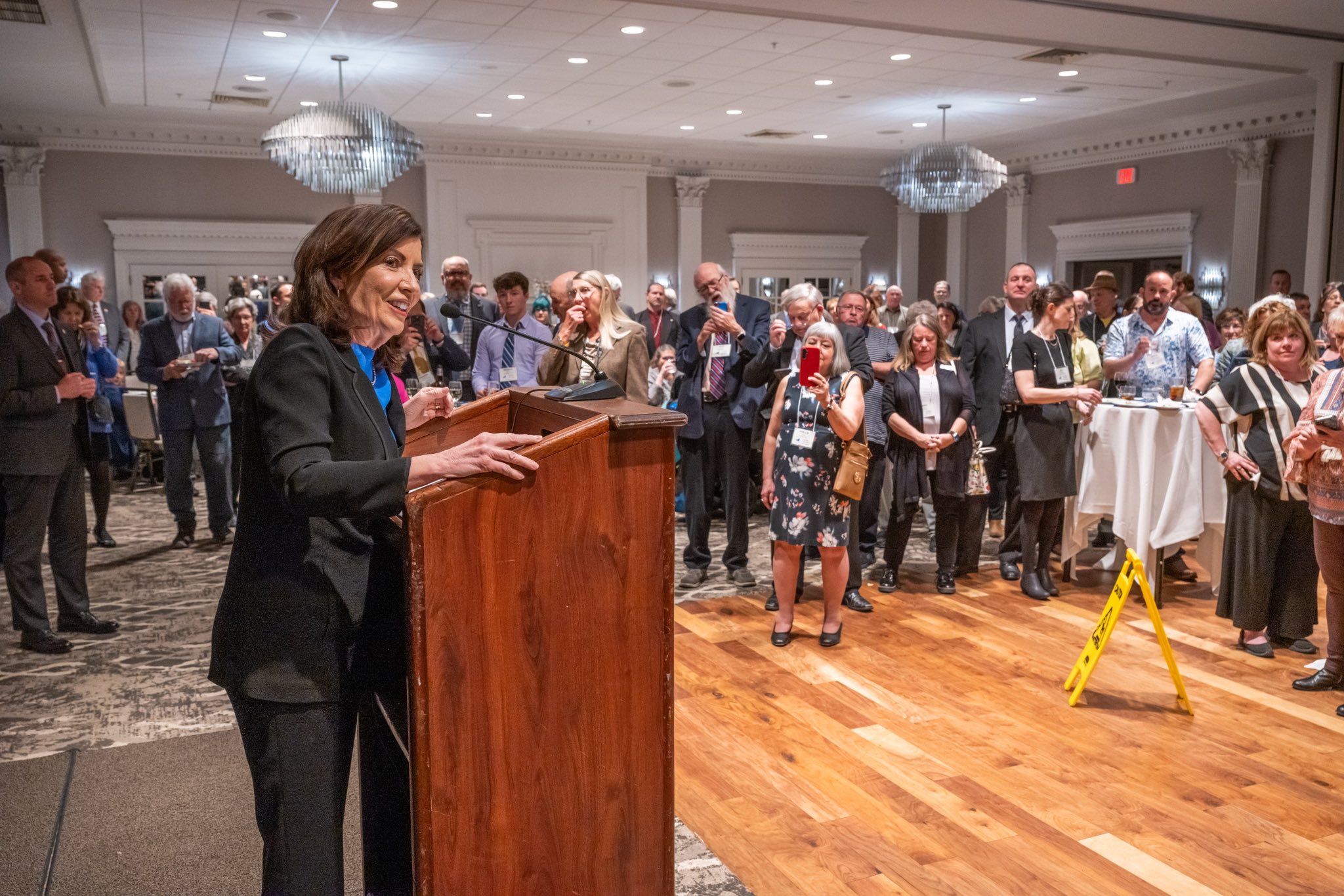
Democratic Gov. Kathy Hochul stated that New York is considering a ban that would combat antisemitic acts committed by masked individuals.
Civil liberties organizations in the state, like those in North Carolina, have expressed concerns regarding how the ban would impact free speech.
When he warned student protesters in Ohio last month that he could charge them with felonies for wearing masks, Attorney General Dave Yost cited the state’s existing mask restrictions.
